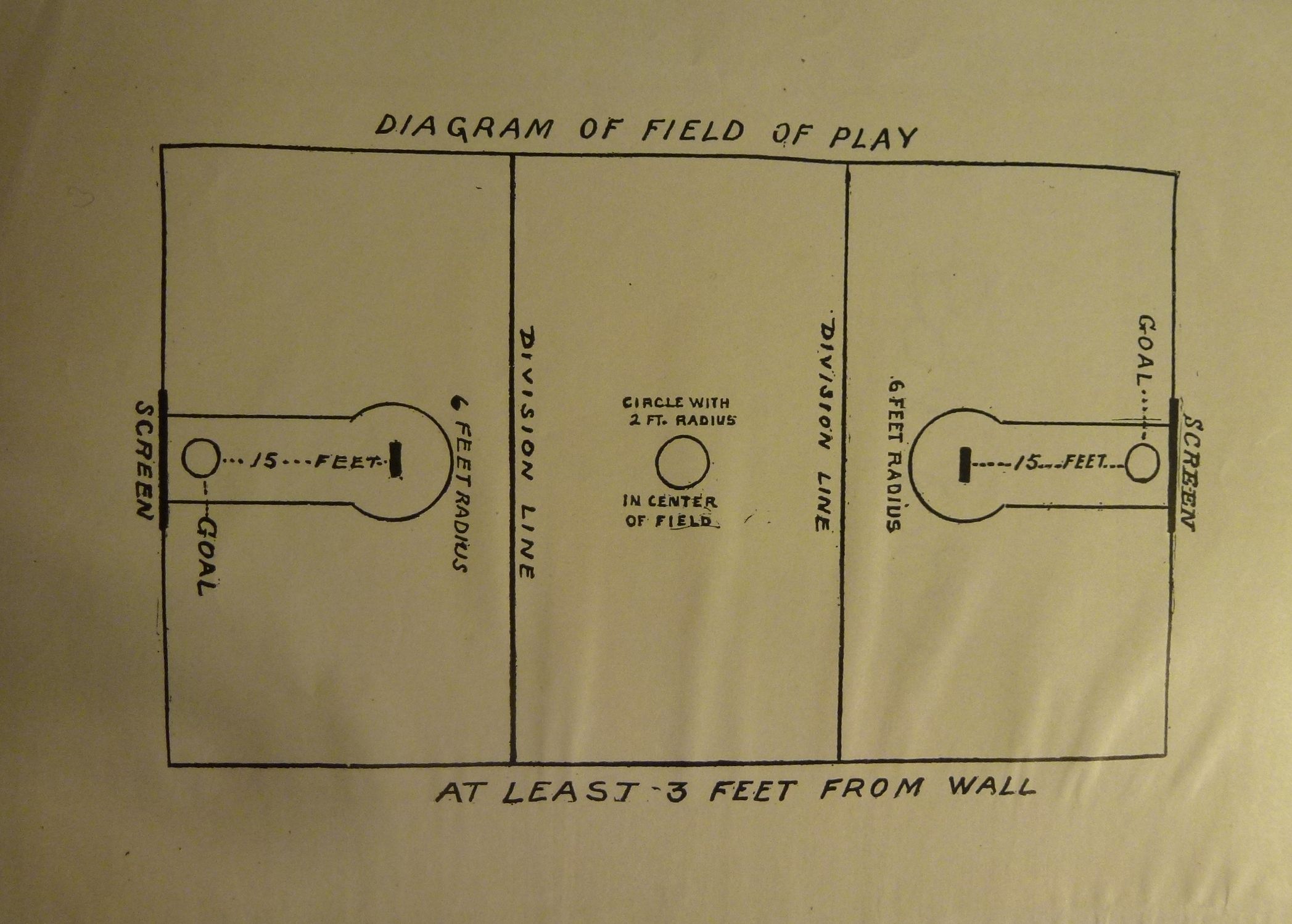lessthanjake wrote:70sFan wrote:ceoofkobefans wrote:Other than maybe Kobe and curry he has without a doubt the most gravity in league history which helped him create a good amount of shots for teammates as a center.
Do you have any evidences to believe that these three have more gravity than someone like Kareem, Wilt or LeBron for example?
There’s of course no way to measure that in a way that would create concrete “evidence.” But, at least with Steph, we can watch the games and see it. All these great players have teams collapse on them when they’re in positions where they are super dangerous to score. But there’s a few things that IMO make the effect Steph exerts substantially better:
1. The thing with Steph is that the positions where he’s super dangerous to score are super far from the basket, which means that his gravity creates more space (i.e. because opponents are pulled even further away from Steph’s teammates). So, even if opponents are only pulled as close to him as they are to some other all-time great, that “gravity” creates more space. For instance, a double team 10 feet from the three point line creates more space for teammates than a double team 12 feet from the basket does.
2. Relatedly, there’s a difference in *where* the space Steph creates is located on the floor. When your gravity is exerted far from the basket, you’re naturally pulling opponents *away* from the basket. This is in contrast to gravity exerted by most players (including the ones listed) whose gravity generally pulls opponents *towards* the basket. And pulling opponents away from the basket is generally better. Why? Well, pulling opponents away from the basket creates space closer to the basket, while pulling opponents towards the basket creates space away from the basket. Therefore, gravity like Steph’s is more likely to create an open shot near the basket, while other types of gravity are more likely to create an open outside shot. And shots near the basket are the most efficient shots in basketball, so this is better. I provided evidence of this effect in prior threads, in which I detailed how Steph being on the floor increases his teammates’ percent of FGA’s at the rim in a completely outlier manner, even as compared to guys like LeBron. This is because he’s creating space in a different way that is more likely to manufacture shots at the rim.
3. Another aspect of this is the frequency with which one is able to get in positions that exert gravity. Steph exerts gravity in the most basic of situations. He can just have the ball 5-10 feet behind the three point line and get a screen from a teammate, and he’ll get doubled off the screen. Or he’ll create space just by running around off the ball behind the three point line. Teams do try to take some potshots at him as he runs around screens, to try to slow him down, but overall it’s very hard to actually prevent him from being a position to exert his gravity, because it’s very hard to prevent someone from being in a position to receive the ball anywhere within several feet from the three-point line or from running a pick and roll behind the three-point line. In contrast, it’s harder for other players to get in a position to exert their gravity. For instance, if Kareem gets the ball 2 feet from the basket, he will definitely exert a lot of gravity. But he has to genuinely work really hard to get position like that—it’s not something he can easily do basically every time down floor. And once he’s in that position, it requires a good entry pass from a teammate—which is easier to do with someone with Kareem’s catch radius, but still can get legitimately dicey and potentially wreck the positioning. Similarly, with someone like LeBron, who exerts gravity mostly when the defense collapses on his drives, this requires LeBron to beat his man and get near the basket—something he is certainly very capable of doing, but which is still much further from automatic than Steph being able to exert his gravity.
So I think Steph’s gravity is substantially superior to these guys’. Steph’s gravity creates more space, creates space in better parts of the floor, and can be more consistently exerted.
To be honest, I was interested more in Shaq in this case, because that's who ceoofkobefans talked about. We will come back to Curry later.







 ):
):






